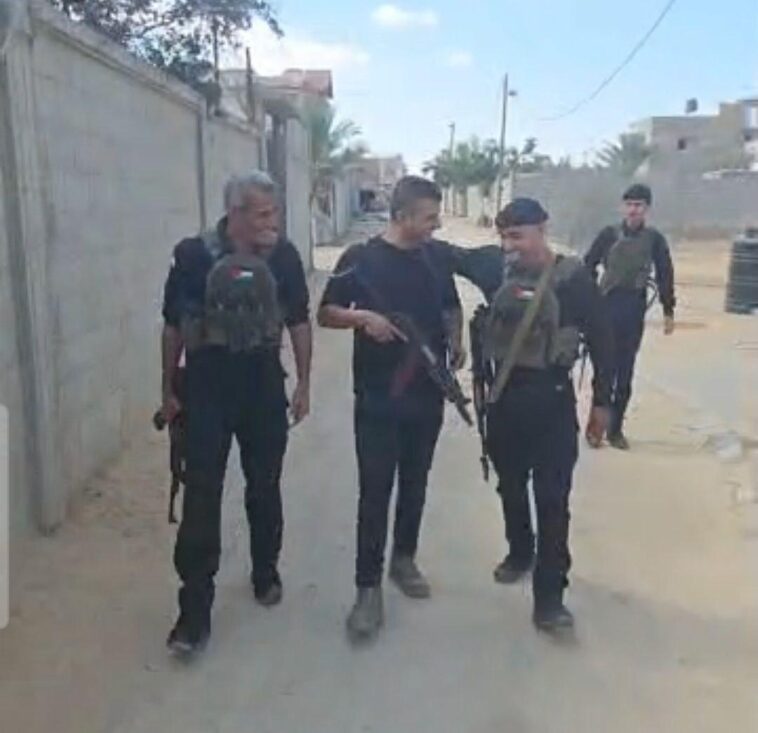Fresh revelations are reigniting controversy over Israel’s military conduct in Gaza, with new claims suggesting that Israel armed and empowered ISIS-affiliated militias in the enclave as part of a covert strategy to justify renewed offensives under the guise of “self-defense.”
According to findings highlighted in a July investigative feature titled “Guns, Flour, and Blood: How Israel Uses Aid and Militias to Legitimize Mass Violence in Gaza,” Israel’s hybrid warfare approach allegedly blended aid distribution, covert funding, and private militias to create instability — allowing Tel Aviv to later cite “security threats” as grounds for large-scale operations.
The report detailed how Israeli intelligence operatives were said to have funneled both resources and weapons into factions loosely affiliated with ISIS networks, fostering chaos that could be leveraged to undermine ceasefire deals and regain political momentum during moments of domestic or diplomatic strain.
Recent events — including the controversial Rafah explosion and the Israeli government’s renewed strikes despite ongoing ceasefire efforts — have reignited scrutiny of these allegations.
Analysts warn that if verified, these claims would expose a calculated use of proxy violence to manipulate international perception and prolong conflict cycles in Gaza.
Calls are mounting for an independent international inquiry into Israel’s alleged role in empowering extremist factions and using them to destabilize ceasefire agreements.





